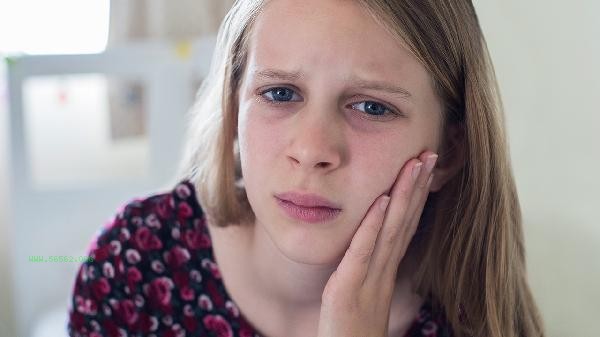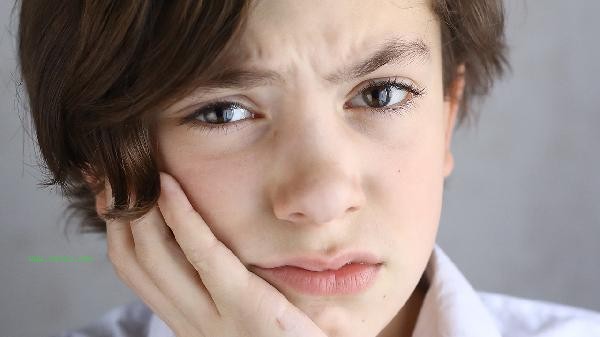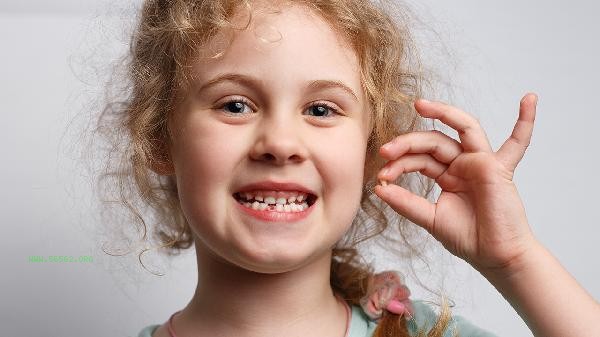During the period when children drink traditional Chinese medicine, they need to avoid eating raw, cold, spicy, greasy, oily, and foods that are incompatible with the medicinal properties. Taboos are mainly related to the nature of the drug, the type of disease, and physical condition. Reasonable taboos can help to exert the drug's efficacy and reduce adverse reactions.

1. Raw and cold foods
Raw and cold foods such as ice cream, cold drinks, and raw fish slices can easily damage the spleen and stomach yang qi, affecting the absorption and transportation of traditional Chinese medicine. Children have weaker spleen and stomach function, and consuming raw and cold foods during medication may lead to abdominal pain and diarrhea, especially when taking warm and nourishing traditional Chinese medicine, which should be avoided.
2. Spicy and Stimulating
Spicy foods such as chili peppers, onions, ginger, garlic, Sichuan peppercorns, etc. may exacerbate the heat evil in the body. If taking traditional Chinese medicine that clears heat and detoxifies, the efficacy will be reduced. For children with fever symptoms such as cough and sore throat, spicy food may also irritate the mucous membranes and delay the recovery of the condition.
3. Greasy and difficult to digest
High fat foods such as fried chicken, fatty meat, and cream can increase gastrointestinal burden and hinder the absorption of effective ingredients in drugs. Children who take traditional Chinese medicine for strengthening the spleen and promoting digestion should pay special attention, as greasy foods may counteract the medicinal effects and lead to recurrent symptoms such as abdominal distension and fullness.

4. Substances
Seafood, lamb, mangoes, and other substances may induce allergies or worsen skin conditions. If children are taking traditional Chinese medicine for treating eczema, urticaria, and other conditions such as dispelling wind and dampness, ingesting substances can easily cause itching and recurrent rash, affecting the effectiveness of treatment.
5. Balancing Medicine and Food
Mung beans may weaken the effectiveness of warm traditional Chinese medicine, while white radish can break down qi and become an antidote. It is not advisable to take it together with qi tonics such as ginseng. Specific dietary restrictions should be adjusted according to the properties of the traditional Chinese medicine being taken, such as avoiding animal blood products when taking drugs containing Polygonum multiflorum.

In addition to avoiding oral intake, parents should pay attention to maintaining a regular sleep schedule during their children's medication period and avoid taking medication immediately after intense exercise. Traditional Chinese medicine decoctions should be taken warm, and it is not advisable to drink a large amount of water within half an hour after taking the medicine. If there is a decrease in appetite or abnormal bowel movements, it is necessary to consult a traditional Chinese medicine practitioner in a timely manner to adjust the diet plan. It can be paired with Tonic Diet such as yam Congee and poria cocos cake to help regulate the spleen and stomach and enhance drug absorption.









Comments (0)
Leave a Comment
No comments yet
Be the first to share your thoughts!